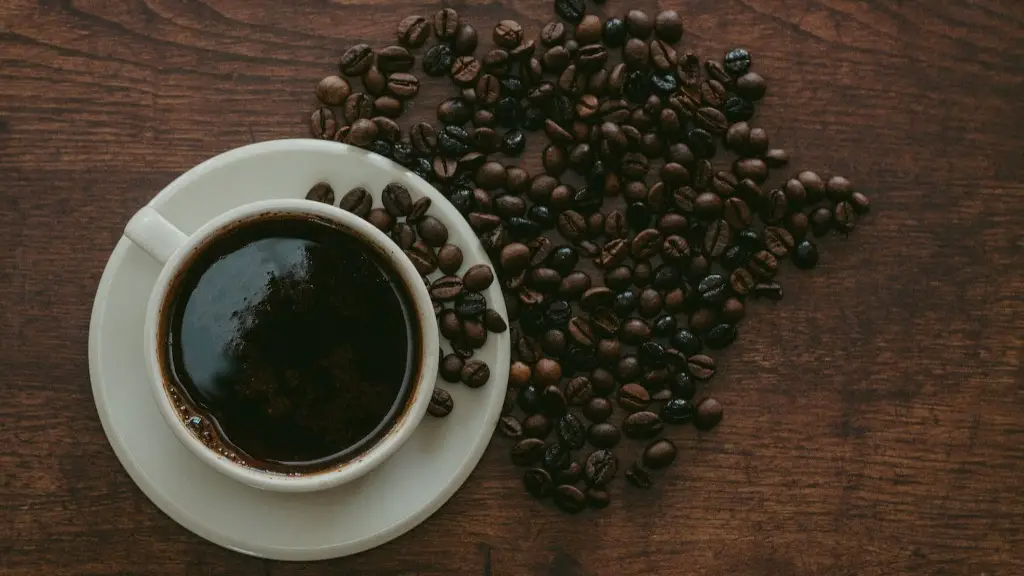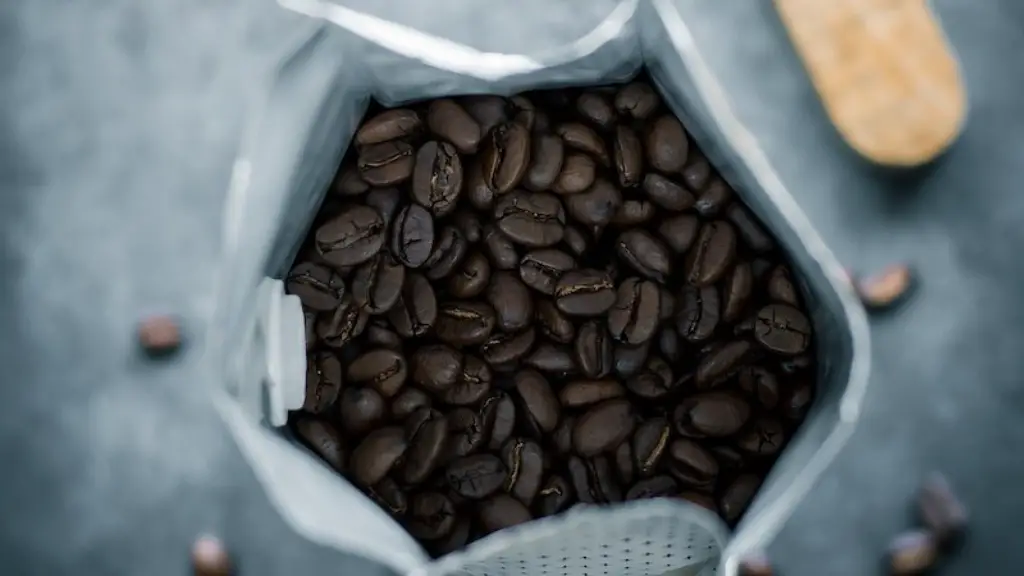The Health Benefits of Tea Versus Coffee
Most of us are familiar with the energizing effects of coffee and tea, but which should we drink when we need to stay alert and focused? Both beverages provide caffeine, but the biggest difference between them is the amount of caffeine found in each. The traditional brewed cup of coffee contains about 85-165 mg of caffeine, while black tea contains only 30-55 mg.
Studies have also shown that tea is a healthier option than coffee. Tea contains antioxidants known as catechins, which can promote heart health, protect against cancer, and even aid in weight loss. Coffee, on the other hand, contains fewer antioxidants and also may contain some carcinogenic compounds.
Tea is also lower in acidity than coffee and can benefit those who suffer from stomach issues, heartburn, and other digestive problems. The fermentation and baking process that coffee beans undergo significantly increases the acidity of coffee.
Tea and coffee both have their place in a balanced diet and lifestyle. Tea has the benefit of being an energizing beverage that can be a healthier long-term choice than coffee, while coffee can be great for a short-term boost. Specialty coffee drinks are outside of the scope of this article, but it’s worth noting that these drinks can contain large amounts of sugar and calories, which means they are not always the healthiest option.
It’s important to note that tea and coffee both contain caffeine, which can have some unwanted side effects like anxiety, jitters, and difficulty sleeping. If you’re sensitive to caffeine or are looking for an energy boost without the jitters, green tea is a great option. Green tea contains about 25-30 mg of caffeine and more catechins than black tea, so you can expect more energy without the negative side effects.
The Effects of Green Tea on Mental Focus and Concentration
Green tea has been studied for its potential effects on mental focus, concentration, and memory. One study found that drinking green tea improved participants’ alertness, focus, and memory recall. Furthermore, one study specifically examined the effects of green tea on students during exam time and found that those who drank green tea had improved mental clarity and focus.
It is thought that the combination of caffeine and L-theanine, an amino acid found in green tea, is responsible for the effects on mental focus and concentration. The caffeine in green tea provides an energizing boost while the L-theanine can reduce anxiety and bring about a state of mental clarity.
The potency of green tea’s energizing effects can vary depending on the type of green tea used. Matcha green tea is more concentrated than regular green tea and has more caffeine, which means that it can provide an even greater boost in energy and concentration.
If you’re looking for an energy boost without the risk of side effects, green tea is a great choice. Studies have shown that it can have positive effects on mental focus, concentration, and memory while also providing antioxidants and other health benefits.
Green Tea Can Help You Focus and Stay Energized Without Compromising Health
Many people turn to coffee for a quick energy boost, but green tea can be an even better alternative. Drinking unsweetened green tea with meals can help you keep your energy levels up without compromising your health. Green tea is low in caffeine and may help to reduce stress and improve your mood as well.
Invigorate your system without compromising your overall health by substituting two cups of coffee for green tea. Green tea is known for its antioxidant properties, which can play a role in reducing inflammation and strengthening your immune system.
Green tea is also known to naturally contain mood-boosting properties, thanks to its low content of caffeine and its presence of the amino acid L-theanine. Its energizing effects are also thought to be helped along by its presence of EGCG, an antioxidant that is believed to have a positive impact on brain activity.
Consuming green tea regularly can also be beneficial for the heart. A study published in the European Journal of Preventive Cardiology found that people who drank one or more cups of green tea on a daily basis were associated with a lower risk of cardiovascular disease compared to non-drinkers.
Caffeine Content of Green Tea Compared to Coffee
The traditional brewed cup of coffee contains about 85-165 mg of caffeine, whereas green tea contains about 25-30 mg. Matcha green tea is a more concentrated form, and it contains up to 70 mg of caffeine per cup. If you’re looking for an energy boost without the jitters, green tea is a great option. Studies have shown that it can improve mental focus, concentration, and memory without having the adverse side effects of coffee.
It’s important to stay mindful of the amount of caffeine you consume throughout the day, as too much coffee or tea can lead to side effects like anxiousness, jitters, headaches, insomnia, and elevated heart rate. Pay attention to your body’s signals and adjust your caffeine intake accordingly.
Final Thoughts
When it comes down to it, whether you choose to drink tea or coffee is largely a personal choice. However, it’s important to be aware of the health benefits of both beverages and adjust your daily habits accordingly. Tea is generally a healthier option, but if you’re looking for a quick pick-me-up, coffee might be the better choice.
Ultimately, both beverages offer antioxidants and potential health benefits. The key is to pay attention to your body and adjust your intake accordingly. Tea is generally a healthier option, but if you’re looking for a quick pick-me-up, coffee might be the better choice.
Preserving Quality During the Tea Making Process
Before you begin drinking tea on a regular basis, it’s important to understand the correct way to make tea. To ensure you get the full benefits of tea, take the time to prepare it properly. Start off by selecting higher-quality tea, preferably loose leaf tea instead of tea bags.
Once you’ve selected your tea and have the right equipment, it’s time to begin making tea. Begin by heating fresh water to the correct temperature. For green and white tea, boil the water and let it cool slightly before pouring it over the leaves. For black and herbal teas, bring the water to a full boil and then pour it over the tea leaves.
The amount of tea leaves to use depends on the type of tea you’re brewing and how strong you prefer your tea. Generally, two grams of tea leaves per cup is a good place to start and then adjust as needed. The tea should steep for two to five minutes, depending on the type of tea.
Once the tea has steeped, gently pour the tea into a cup or teapot. Avoid letting the tea leaves come into contact with the air for too long, as oxygen can break down the teas’ flavors and its health benefits.
The Different Types of Teas to Try
Once you have the basics of tea-making down, it’s time to explore the endless varieties of teas. Black tea, green tea, and oolong tea all come from the same plant but are processed differently, making them taste and feel different. Herbal teas are also an option and are made from dried plant materials such as flowers and roots. Additionally, there are many unique and interesting flavored teas that combine various types of tea and herbs.
The best way to explore different teas is to start with some of the popular varieties and then work your way through the different types available. Sampling different tea can be an enjoyable experience, and you can eventually find the teas that make you the happiest.
Final Steps Before Drinking Tea
Once you have selected and brewed a cup of tea, take the time to enjoy it. Any good tea should be accompanied by a few moments of mindfulness. Take a few deep breaths and relax, and as you do, focus on the sensations of the tea.
Sometimes, it can be helpful to add a few of your favorite ingredients to tea. Honey, lemon, ginger, cinnamon, and mint are all great flavorings to add to tea that can help to promote good health and even provide additional energy.
Drinking tea can be a great way to stay energized, but keep in mind that too much of anything is a bad thing. As you continue to explore different types of tea, remember to take it slow and enjoy the entire tea-making process.





